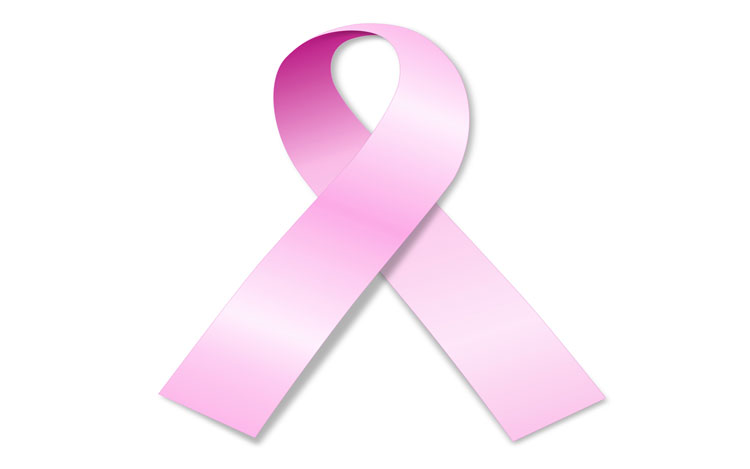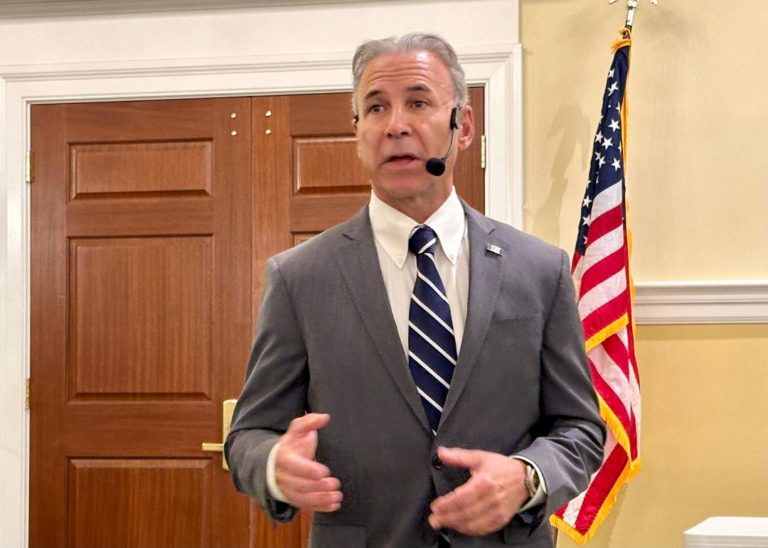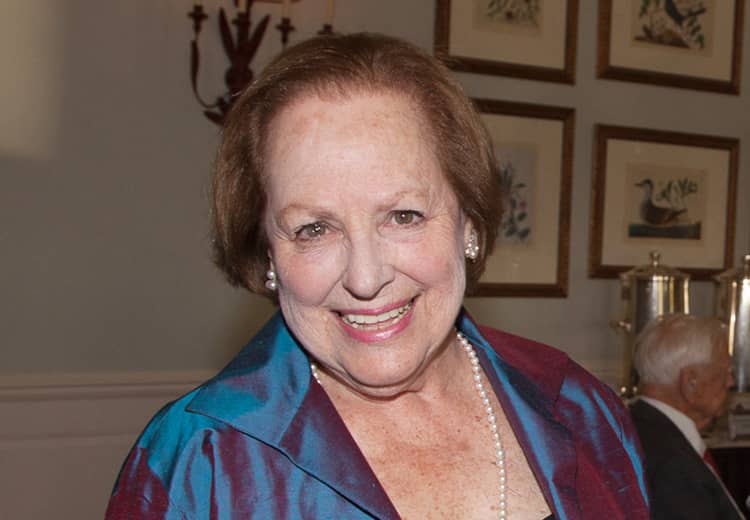
October is National Breast Cancer Awareness Month. Mammography is the key to the early detection of breast cancer, and early detection means more timely and effective treatment. Since the national awareness program began in 1985, mammography rates have more than doubled for women age 50 and older and breast cancer deaths have declined. In an effort to promote this national awareness campaign, the Greenwich Department of Health will be distributing important literature and giving away breast cancer awareness pins and bracelets. The event will take place in the lobby of Greenwich Town Hall today, Tuesday, Oct. 25 between the hours of 11 a.m. and 12:30 p.m.
Breast cancer is the most common cancer among women in the U.S. after skin cancer and the second leading cause of cancer deaths. About 1 in 8 women in the U.S. will be diagnosed with breast cancer during her lifetime. On average, 220,000 women in the U.S. are diagnosed with breast cancer yearly, with over 40,000 dying from the disease. Men are also susceptible to breast cancer: over 2,000 men in the U.S. are diagnosed with breast cancer annually, and about 400 die from it. The State of Connecticut ranks fifth in the country among states reporting high incidence rates of breast cancer. In 2013, the latest year for which data is available, the incidence rate of breast cancer in the state was 138.4 per 100,000 population, compared to 125.4 per 100,000 for the U.S. population as a whole.
Over the last decade, the risk of getting breast cancer has not changed for women overall, but the risk has increased for African American, Asian, and Pacific Islander women. Moreover, African American women are 40% more likely than white women to die from the disease.
“Although there has been tremendous progress in screening and treating this disease, there are still women who do not take advantage of mammography screenings and clinical breast exams at regular intervals. The statistics indicate that early detection can save lives”, stated Caroline Calderone Baisley, Director of Health. According to the American Cancer Society, more than 3.1 million U.S. women with a history of breast cancer are alive today.
The American Cancer Society recommends the following guidelines for early breast cancer detection:
- For women aged 40 to 49 with average risk:
- Women aged 40 to 44 years should have the choice to start annual breast screening with mammograms if they wish to do so. The risks of screening as well as the potential benefits should be considered.
- Women aged 45 to 49 years should get mammograms every year.
- For women aged 50 to 74 with average risk:
- Women aged 50 to 54 years should get mammograms every year.
- Women aged 55 and older should switch to mammograms every 2 years, or have the choice to continue yearly screening.
- Women aged 75 and older with average risk: Screening should continue as long as a woman is in good health and is expected to live 10 more years or longer.
- Women with dense breasts: There is not enough evidence to make a recommendation for or against yearly MRI screening.
- Women at higher than average risk: Women who are at high risk for breast cancer based on certain factors (such as having a parent, sibling, or child with a BRCA 1 or BRCA 2 mutation) should get an MRI and a mammogram every year.
All women should be familiar with the known benefits, limitations, and potential harms associated with breast cancer screening. They should also be familiar with how their breasts normally look and feel and report any changes to a health care provider right away.
Breast Cancer Risk Factors
The following is a partial list of risk factors for breast cancer:
- Increasing age
- Inherited genetic mutations (BRCA 1 or BRCA 2)
- Early menstrual period (before age 12)
- Late menopause (after age 55)
- Not having children or first pregnancy after age 30
- Being overweight, especially after menopause
- Not being physically active
- Personal history of breast cancer, dense breasts, or some other breast problems
- Family history of breast cancer (parent, sibling, child; male or female)
- Taking hormones to replace missing estrogen and progesterone in menopause for more than 5 years
Women who cannot afford regular mammography may be eligible for free services through the Connecticut Breast and Cervical Cancer Early Detection Program at Stamford Hospital, 203-276-5954.




